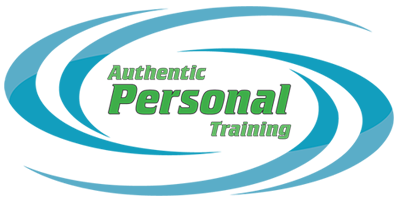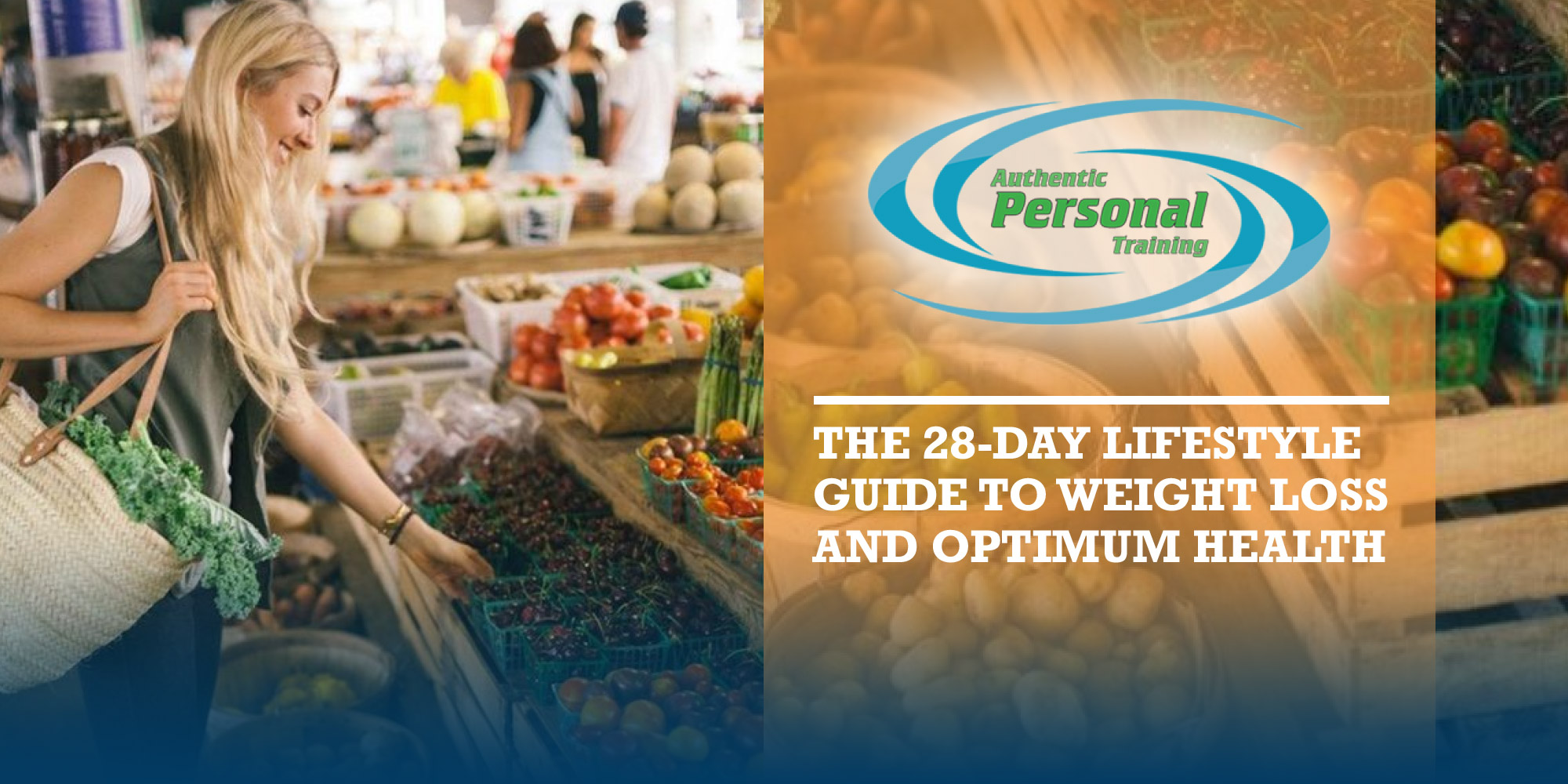The benefits of the Plant-Based Protein Diet for a healthier and happier life are numerous. Recently, the question on hitting protein requirements on a vegan or vegetarian diet has become popular. Research does show that low and non-meat diets may positively impact physical fitness and performance but only if they are well planned and hit nutrient recommendations.
Read on to get a non-biased insight to the most recent research in this area and how, if you are following one of these diets, can keep your protein intake high and avoid jeopardising your goals!
Are there health benefits of a plant-based protein diet?
Yes, large studies have shown that vegans and vegetarians are less likely to suffer from chronic diseases such as:
- heart disease
- certain cancers
- type 2 diabetes
- obesity and
- high blood pressure
This is compared to to those who eat meat (Kim et al., 2018; Lassale et al., 2015; Singh et al.,2003).
As well as this, bowel cancer is less common amongst those who don’t consume meat. However, despite some controversial and misleading Netflix documentaries, the majority of the large-scale studies show that vegan and vegetarian diets neither improve or hinder athletic performance.
Why is this?
Generally, if somebody decides to stop eating meat for health reasons – they are more than likely making more mindful choices for their health and fitness than the average Joe. Yes, the health benefits may be partly due to the absence of meat, but also partly due to the higher consumption of plant foods.
This includes foods such as:
- fruit
- vegetables
- whole grains
- lentils
- chickpeas
- beans
- seeds and
- nuts.
These foods contain more fibre, unsaturated fats, phytochemicals and polyphenols. All of which have been linked to better gut health, improved immunity and lower risk of chronic diseases.
Lower amounts of saturated fats, added sugar and ultra-processed foods may also be lower in those following plant-based diets. Being health cautious may also result in these exercising more, being less likely to smoke and drink alcohol which may all contribute to reduced disease risk.
What should I consider when following a Plant-based protein diet?
The research shows that despite the lack of meat – a WELL PLANNED plant-based diet is nutritionally adequate, healthy, matches dietary guidelines, meets the current recommended intakes, prevents and treats certain diseases and are appropriate for those of all ages (Melina et al., 2016).
However a special enfaces should be put on nutrients such as calcium, vitamin B12, Omega-3’s, iron and the macronutrient Protein.
Why does my protein intake even matter?
Eating sufficient protein helps dramatically with fat loss and muscle gain, because:
- Protein digests more slowly and sends fullness signals to your brain, delaying the onset of hunger. This means less cravings, less mindless eating, and an easier time staying in a caloric deficit for fat loss without feeling hungry!
- Protein is also essential for the building and maintenance of lean muscle mass. This means that as you lose weight, you look fitter and stronger, instead of just a shrinking version of you that’s losing muscle right along with fat.
The protein recommendations for gym goers looking to increase muscle mass and fitness is 1.2-2g/kg BW/ day which allows them to perform and recover at their very best. Research has shown that vegans and vegetarians are able to hit these extra demands if a variety of protein rich foods are included in the diet and if energy intakes are adequate.
Aiming for at least 20g per meal including post training is recommended for optimal growth and recovery.
Good plant based protein sources
Legumes
- Kidney beans: 125g drained weight = 9g protein
- Chickpeas: 125g drained weight = 9g protein
- Green or brown lentils: 125g drained weight = 8g protein
- Peas: 125g = 7g protein
- Peanuts: 2 tbsp (30g) = 9g protein
- Peanut butter: 2 tbsp (30g) = 9g protein
- Almonds: 2 tbsp (30g) = 6g protein
Soya products
- Soya milk alternative: 200ml = 7g protein
- Soya yoghurt alternative: 200g = 8g protein
- Edamame beans: 125g = 15g protein
- Firm tofu: 100g = 13g protein
- Tempeh: 100g = 21g protein
- Soya mince : 100g = 15g protein
Grains
- Wholemeal Bread: 2 slices = 8g protein
- Pasta: 75g uncooked = 9g protein
- Basmati rice: 75g uncooked = 6g protein
- Oats: 75g uncooked = 9g protein
- Seitan (wheat protein): 100g = 18g protein
Pseudo-grains
- Quinoa: 75g uncooked = 10g protein
- Buckwheat: 75g uncooked = 6g protein
Mycoprotein
- Quorn vegan fillets: 63g = 9g protein
- Quorn vegan pieces: 70g = 11g protein
Dairy and eggs
- Cheddar cheese: 1 slice = 6g protein
- Fetta cheese: 30g = 4g protein
- Eggs: 2 eggs = 12g protein
- One cup of egg whites from carton = 30g protein
- Milk 250ml = 8g protein
- 0% fat greek yoghurt 150g = 15g protein
- Plain yoghurt 125g = 6g protein
When you look at it this way, it is actually quite easy to hit your protein goals without meat. You just need to ensure that you include a palm sized amount of protein per day if you are a woman and two if you are a man.
Here are some meal ideas
- 0% fat greek yoghurt with hemp seeds, fruit and peanut butter.
- A smoothie with protein powder, chia seeds, almond butter, fruit
- For lunch a cold lentil and quinoa salad
- A snack could be some cottage cheese on a cracker
- Dinners can be made with lots of lentils / chickpeas / kidney beans and veggies
You may still benefit from trying a vegan or vegetarian dish weekly even if you still eat some meat. Thanks to the fiber content, you feel full, you cut cravings, and you help yourself out on the path to your health and physique goals!
In Summary
In summary, while vegan and vegetarian diets may lower the risk of chronic diseases, careful planning is essential for meeting protein requirements. The absence of meat alone doesn’t significantly impact athletic performance, but a well-structured plant-based diet with diverse protein sources can support fitness goals. Incorporating legumes, soya products, grains, pseudo-grains, mycoprotein, and dairy alternatives ensures a balanced approach, proving that a thoughtfully crafted plant-based diet is not only feasible but also beneficial for overall health.
Want To Learn More?
Since COVID-19 entered our lives, we have aimed to deliver some great weekly information as to how you can remain healthy, productive and in good spirits. This blog post is the latest addition to a growing library of information. Click to read more on our dedicated COVID support blogs.
Over the last 7 years Authentic Personal Training has established itself as a leading health and fitness studio on the Lower North Shore. We are incredibly proud to announce that we have been voted The Best Fitness Business on The North Shore for 2019.
Join us on our Facebook page:
https://www.facebook.com/authenticpersonaltraining/
To book a complimentary Personal Training Session with one of Sydney’s most experienced Personal Trainers, simply fill out the form below



